You can find protein powders in the health section of nearly every supermarket – but that doesn’t necessarily mean that they are “healthy”.
In fact, many of the top selling protein powders are actually full of toxins and unhealthy fillers, like sugar and even heavy metals.
Be sure to scan the label of your protein powders for any of these seven toxic ingredients to make sure your health foods stay healthy.
How does bone broth fight inflammation AND promote weight loss? Download our Free Bone Broth Guide And Recipes To Find Out Now!
Click here to get your FREE Bone Broth Guide And Recipes Today!
7 Toxins Found in Protein Powders
1. BPA (Bisphenol A)
You may know about the BPA in can linings, but it may also be lurking in your protein powder, too.
BPA, or bisphenol A, is an industrial chemical used in plastic making and packaging. It is highly toxic to humans, and studies find that it can interfere with hormones, leading to tumors, reproductive disorders, certain types of cancer, and even metabolic disorders like PCOS. (1) This is why cans that advertise “BPA-free” linings are so popular these days.
The Clean Label Project found that out of 134 top-selling protein powder brands, 55 percent contained BPA. In fact, one product contained over 25 times the allowed limit in just one serving. (2)
2. Heavy Metals
The same independent study by the Clean Label Project found toxic heavy metals like lead, cadmium, and arsenic in protein powders, particularly those that are plant-based.
Heavy metals are found in nature, but that doesn’t make them safe. Cadmium alone can cause kidney problems, vomiting, and even bone damage in humans.
Supplement companies argued over this study, saying that just because levels were “detectable” didn’t mean they were necessarily toxic. However, heavy metals accumulate in the organs of your body, and the more exposure you get, the more that will be stored in your body. These toxins are typically stored in your body for about 10 years, unless you actively try to remove them with chelation or other therapies. (3)
Interestingly, organic protein powders are not always the best choice for avoiding heavy metals. In fact, the study found that organic protein powders actually have higher detectable amounts of heavy metals than non-organic versions.
3. Sugar
Most protein powders contain added sugars to enhance their taste.
Sugar is associated with weight gain and obesity, and it can also increase your risk for developing many types of diseases. For instance, one study on 30,000 people found that people who consumed 17–21 percent of calories from added sugar had a 38 percent greater risk of dying from heart disease, compared to those eating only 8 percent of calories from added sugar. (4)
Other studies show that sugar contributes to non-alcoholic fatty liver disease, causes inflammation, and even impairs glucose tolerance, a main issue in diabetes and obesity. (5)
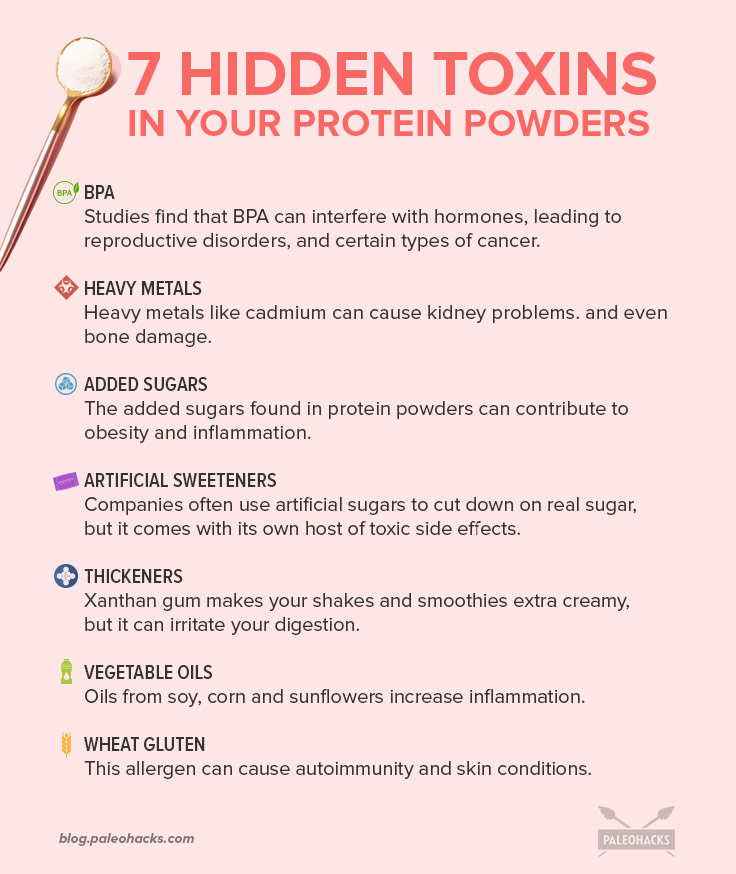
4. Artificial Sweeteners
Like many other highly processed and packaged foods, protein powders often contain artificial sweeteners if they don’t contain actual sugar.
Unfortunately, this just adds a whole new source of toxicity. Aspartame is a common artificial sweetener associated with various diseases and disorders. One study found it can cross the blood-brain barrier and interfere with neurochemicals, causing a rise in phenylalanine. High phenylalanine levels are common in patients with HIV, sepsis, and cancer. (6, 7)
Research shows that patients eating high-aspartame diets are also at risk for irritable moods, depression, and even perform poorly on spatial orientation tests. (8)
Of course, aspartame is just one common artificial sweetener found in protein powders. Others include maltodextrin, sucralose, and saccharin, which have their own toxic effects. (9)
5. Thickeners
To provide consumers with a creamy, thick protein drink, companies often use thickeners and gums like xanthan gum.
The main issue with thickeners like these is that they can irritate your digestive system. Studies find that thickeners can cause gas, diarrhea, and even alter the bacteria in your gut. (10)
6. Vegetable Oils
To further improve the texture of protein powders, companies will often add vegetable and seed oils like soy, corn, sunflower, and others. This oils are high in omega-6 fatty acids, and are proven to increase inflammation in your body. (11) Some oils, like corn and soy, also come from GMO (genetically modified) plants, whose long-term health effects are unknown.
You can read more about the dangers of vegetable oils here.
7. Wheat Gluten
Sometimes wheat gluten is added to protein powders to improve texture, and even to up the protein content.
However, the end product is likely not worth it. Most wheat on the market is genetically modified, and gluten in particular is associated with problems like autoimmunity, inflammatory gastrointestinal disorders, and even skin conditions. (12)
How to Choose a Good Protein Powder
Choosing a top protein powder means focusing on whole, quality ingredients. Some tips on what to look for:
- No added sugars. Ideally, the only sweetener should be stevia or monk fruit.
- No artificial sweeteners. This includes aspartame, maltodextrin, sucralose, and saccharin.
- No thickeners, emulsifiers, or gums. These can all cause digestive problems.
- No chemicals. If it includes a name you can’t pronounce or recognize, skip it.
- No vegetable oils. Only coconut or olive oils are acceptable.
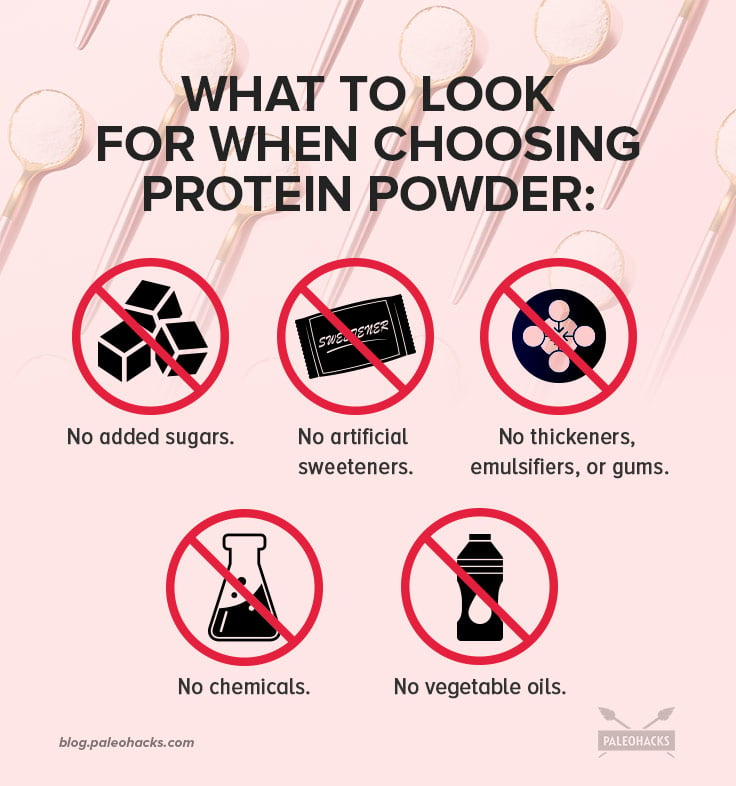
Be aware that heavy metals and toxins like BPA are not going to be listed on the labels of protein powders. To discover this information, your best bet will be to check with the company and ask for any third-party testing or inquire about their manufacturing process.
The Bottom Line
Read the labels of protein powders as carefully as you would any other packaged food, and check the manufacturer’s website to get an insight into their process. If you don’t have to consume a protein powder for athletic reasons, consider adding a whole protein source like meat, fish, or nuts to your diet instead.


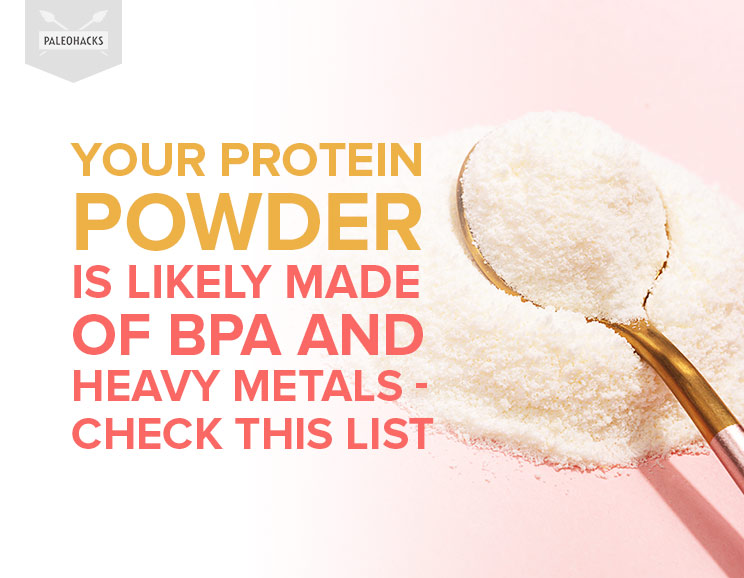
 Spinach Artichoke Grilled Cauliflower Sandwiches
Spinach Artichoke Grilled Cauliflower Sandwiches
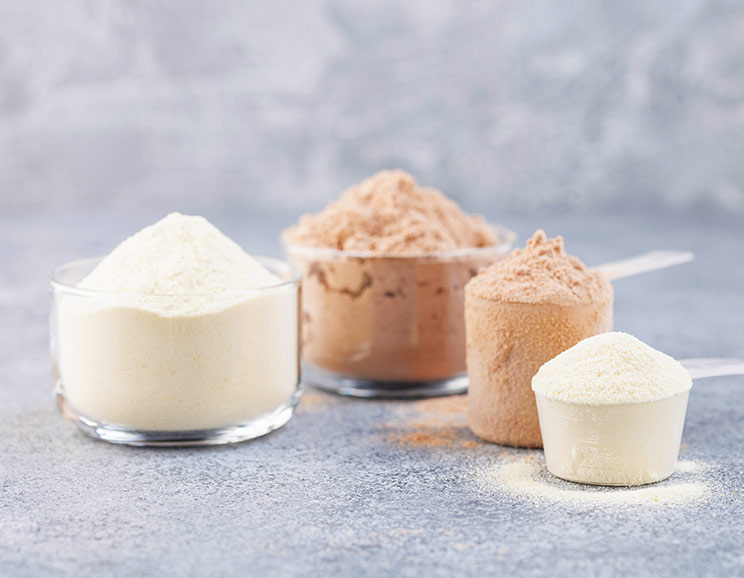
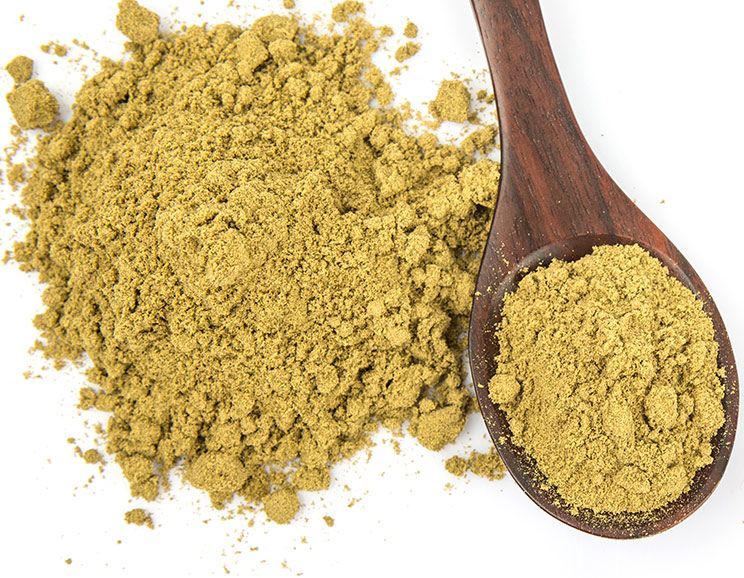
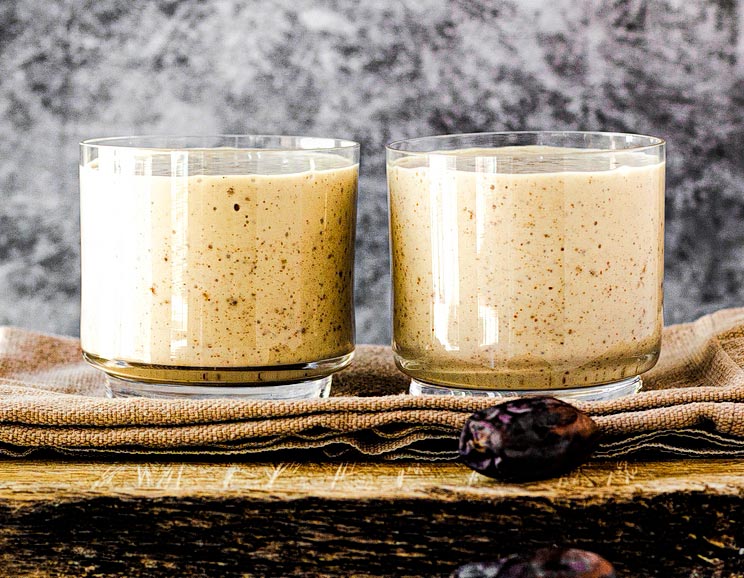

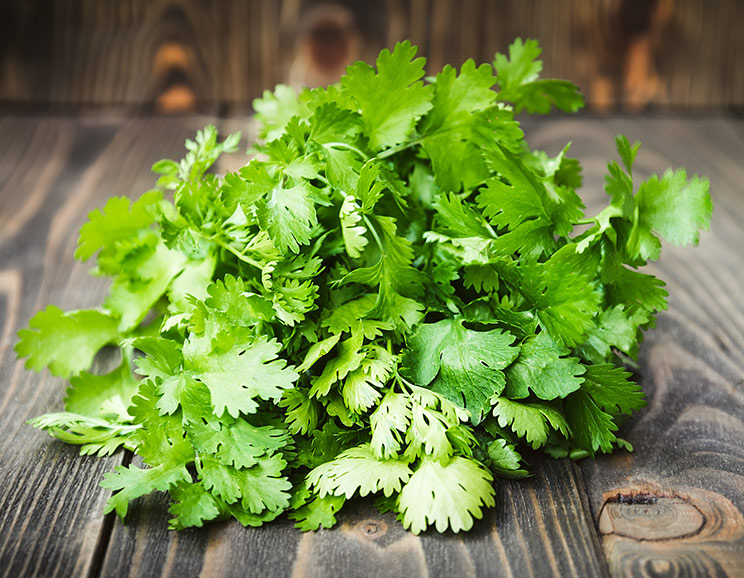

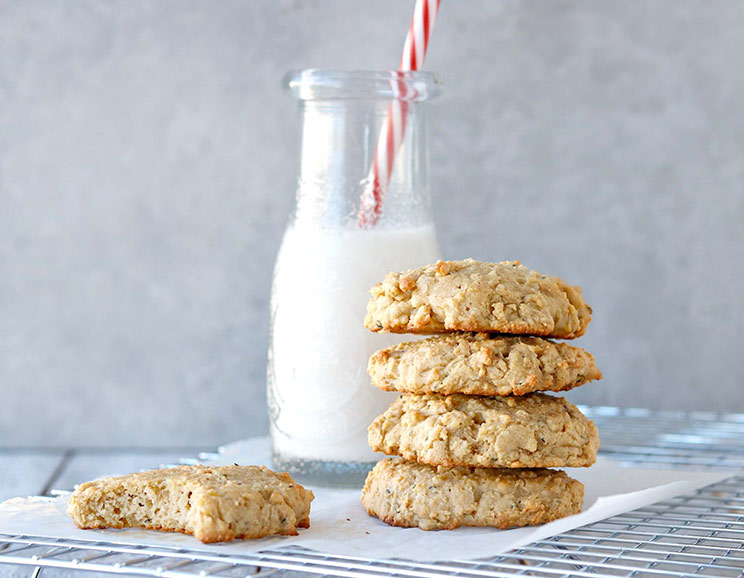


Show Comments